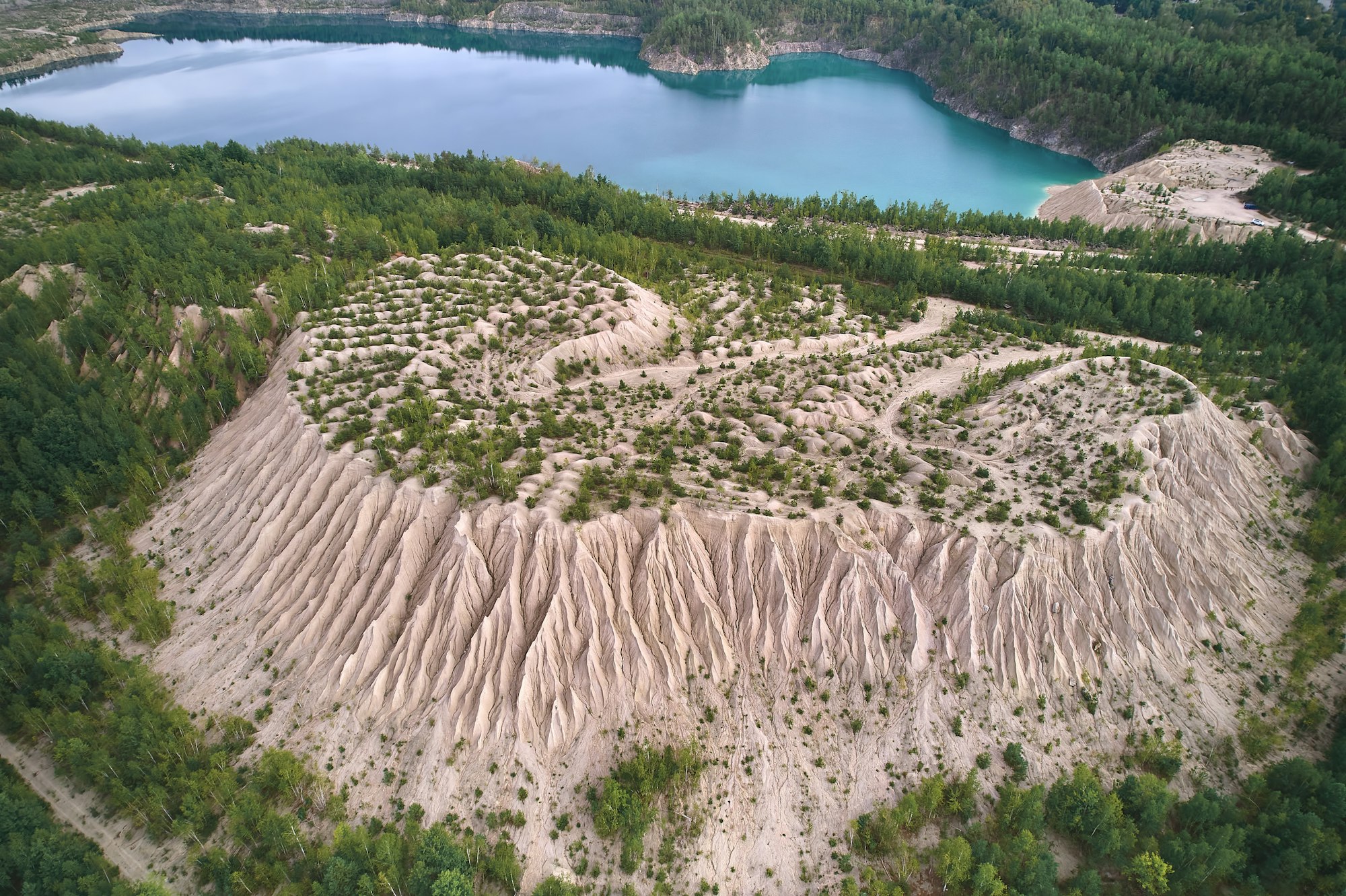
Water is central to life on Earth. From the smallest microbe to the largest mammal, every living thing depends on it for survival. Modern science confirms that water is not only essential for maintaining life but also for shaping the very structure of ecosystems, weather patterns, and even planetary habitability. What’s truly remarkable is that the Quran, revealed over 1,400 years ago, acknowledged water’s vital role long before scientists were able to fully understand its significance.
In this article, we will explore how the Quran emphasizes the importance of water and how modern science affirms its indispensable role in the universe. For Muslims, understanding the scientific significance of water deepens their appreciation of Allah’s wisdom in creation and highlights the responsibility to preserve this precious resource.
The Quran mentions water in various contexts, illustrating its significance in the world and how it serves as a fundamental component of life. One of the most well-known verses highlighting the vital nature of water is found in Surah Al-Anbiya (21:30), where Allah says:
“And We made from water every living thing. Then will they not believe?”

This verse conveys a universal truth that all life originates from water, a statement that aligns perfectly with what biologists and ecologists now know: every organism, from the smallest bacteria to the largest animals, requires water to survive. It is the medium through which nutrients are absorbed and waste is expelled, making it the essence of life.
Additionally, the Quran speaks of water as a blessing from Allah, a resource that nurtures the Earth and provides sustenance for all living creatures. In Surah An-Nur (24:45), Allah says:
“And Allah has created every [living] creature from water. Of them are those that move on their bellies, and of them are those that walk on two legs, and of them are those that walk on four. Allah creates what He wills. Indeed, Allah is over all things competent.”
This verse highlights the diversity of life created from water, illustrating the intricate relationship between all living beings and the life-sustaining liquid that nourishes them.
Today, science confirms the Quran’s emphasis on the essential role of water in sustaining life. From the biological functions it supports to its ability to shape entire ecosystems, water is truly the most fundamental building block of life. Here are a few key ways in which modern science recognizes water’s critical importance:
At the cellular level, water is involved in nearly every biological process. It acts as a solvent, enabling cells to transport nutrients and remove waste. Water’s unique properties—such as its ability to dissolve a wide variety of substances—make it an ideal medium for the chemical reactions necessary for life.
Without water, life as we know it simply wouldn’t exist. Organisms rely on water to regulate body temperature, hydrate tissues, and maintain metabolic processes. This scientific fact perfectly aligns with the Quran’s assertion that water is the source of life.
Water’s importance isn’t limited to life on Earth. In fact, scientists searching for life on other planets often focus on finding water as the primary indicator of habitability. NASA’s exploration of Mars, for instance, has been largely driven by the search for signs of water, with recent discoveries of ice and possible ancient water flows sparking excitement about the planet’s potential to have once hosted life.

This reinforces the Quranic statement that life is made from water, extending its relevance to the entire universe. The search for water in space is, in many ways, a search for life itself, showing how deeply intertwined water is with the existence of living organisms.
Beyond individual organisms, water shapes entire ecosystems and climates. It is the foundation of rivers, lakes, and oceans, which in turn support a vast array of plant and animal life. Water regulates weather patterns through the hydrological cycle—evaporation, condensation, and precipitation—which distributes fresh water across the Earth.
The Quran speaks of this cycle in Surah Az-Zumar (39:21):
“Have you not seen that Allah sends down rain from the sky and makes it flow as springs and rivers in the earth? Then He produces thereby crops of varying colors; then they dry and you see them turned yellow; then He makes them scattered debris. Indeed, in that is a reminder for those of understanding.”
This verse beautifully captures the natural water cycle and its role in sustaining life on Earth. By understanding water’s pivotal role in nature, Muslims are reminded of the importance of respecting and protecting this divine blessing.
In addition to recognizing the vital importance of water, the Quran also encourages believers to be stewards of the Earth and its resources, including water. Environmental conservation is a core Islamic value, and wasting or polluting water is discouraged in numerous hadiths (sayings of the Prophet Muhammad, peace be upon him). The Prophet (PBUH) said:
“Do not waste water, even if performing ablution on the banks of a flowing river.” (Ibn Majah)
This hadith teaches Muslims to be mindful of water consumption, even when it appears to be plentiful. This lesson is particularly relevant today, as water scarcity affects millions of people worldwide. The Islamic principle of moderation (wasatiyyah) extends to how we use water, urging us to avoid waste and ensure that future generations have access to this precious resource.

As the world faces growing concerns over climate change, droughts, and water shortages, it is critical for Muslims in the West to lead by example in adopting eco-friendly practices that conserve water. Simple acts such as reducing water waste, avoiding plastic pollution in oceans, and supporting sustainable water initiatives reflect the Islamic call to care for Allah’s creation.
The Quran’s emphasis on water as the source of life is not only a spiritual truth but also a scientific reality. Whether we look at the way water sustains cellular life, regulates ecosystems, or even points the way to potential extraterrestrial life, its importance cannot be overstated. The Quran’s descriptions of water align with modern scientific discoveries, reinforcing the belief that Allah’s creation is both purposeful and wondrous.
For Muslims in the West, recognizing the divine and scientific significance of water can inspire a deeper sense of responsibility to protect and preserve this invaluable resource. In a world where water shortages and environmental degradation are growing concerns, the Islamic teachings on conservation offer practical guidance that is as relevant today as ever. By being mindful of how we use water and advocating for its protection, we not only honor a core element of our faith but also contribute to the well-being of the planet and its inhabitants.